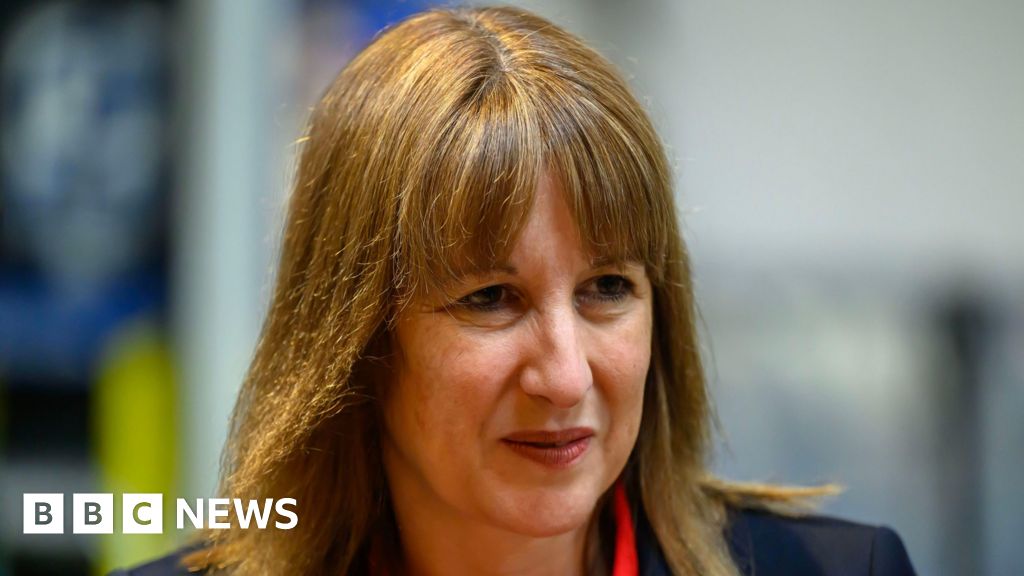Rachel Reeves, the UK Chancellor, has indicated that she is considering further tax increases ahead of the Budget scheduled for 26 November.
Speaking ahead of an international finance summit in the United States, Reeves emphasized her commitment to prioritizing economic and fiscal stability.
She also mentioned the possibility of additional public spending measures to strengthen the UK’s financial position.
This marks the clearest indication yet that tax hikes are likely to be part of the upcoming Budget.
Reeves had previously introduced tax rises worth £40 billion a year in her first Budget last November, including increases to payroll taxes paid by employers.
At that time, she had insisted that such measures would not need to be repeated in subsequent years.
However, recent economic challenges, including rising borrowing costs and anticipated downgrades to the UK’s productivity, have complicated efforts to meet her own fiscal rules.
Analysts estimate that the Chancellor may need to raise taxes or cut spending by around £20 billion to ensure government debt falls as a share of national income by 2029-30 and that day-to-day government costs are covered by tax income rather than borrowing.
In interviews, Reeves attributed some of the UK’s economic difficulties to austerity policies and the mini-budget introduced by former Prime Minister Liz Truss, as well as the "severe and long-lasting" economic effects of Brexit.
As the Budget approaches, it is expected that Reeves and other ministers will provide more explicit details about the planned fiscal measures.
The suggestion of potential spending cuts has sparked debate within the Labour Party, as many MPs consider broad spending reductions politically unviable following failed welfare cut attempts earlier in the year.
Nonetheless, the government might consider promising spending cuts over a longer timeframe.
Reeves has pledged to avoid taking risks with public finances and to keep taxes, inflation, and interest rates as low as possible.
However, her options are constrained by Labour’s 2024 manifesto commitments not to raise income tax rates, VAT, sales tax, corporation tax, or National Insurance rates.
The latter had already caused controversy when employer contributions were increased last autumn.
Meanwhile, the International Monetary Fund (IMF) has forecast that the UK will be the second-fastest-growing advanced economy this year but will also experience the highest inflation rate among G7 nations, driven by rising energy and utility costs.
Shadow Chancellor Sir Mel Stride criticized the government’s approach, attributing the current economic challenges to mismanagement and calling for better control of public spending rather than further tax increases.
He highlighted the doubling of inflation, increased debt, borrowing costs at a 27-year high, and rising taxes under Reeves’ tenure.
As the Budget date nears, the government faces difficult decisions on how to balance fiscal responsibility with political and economic realities.

